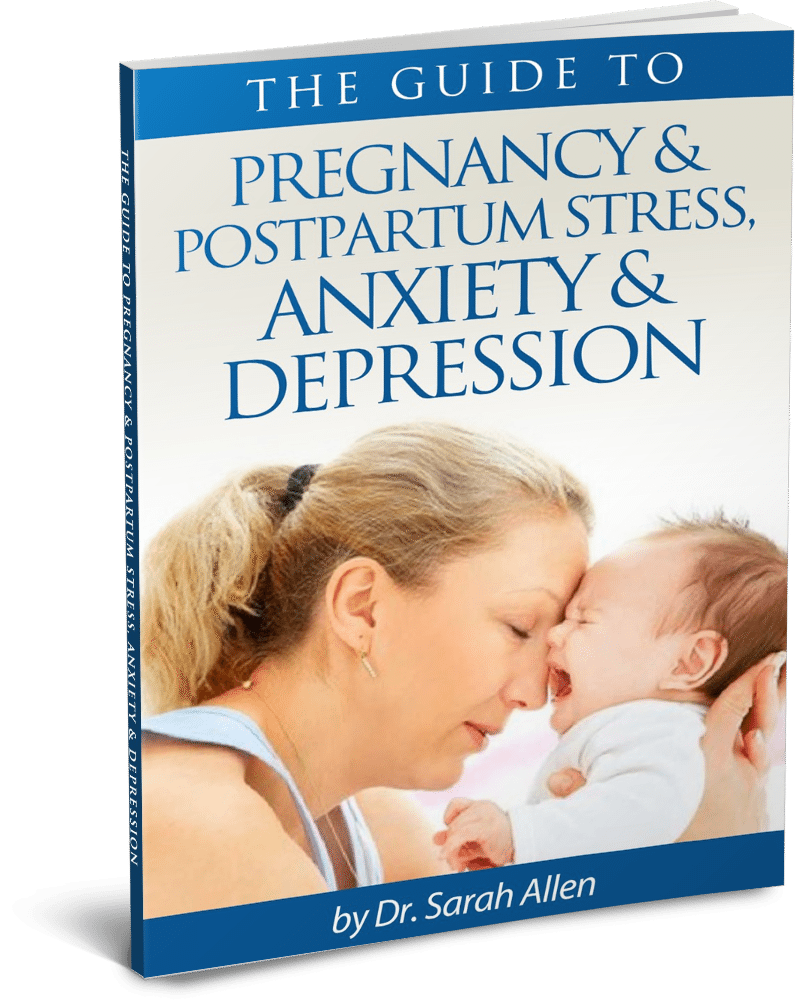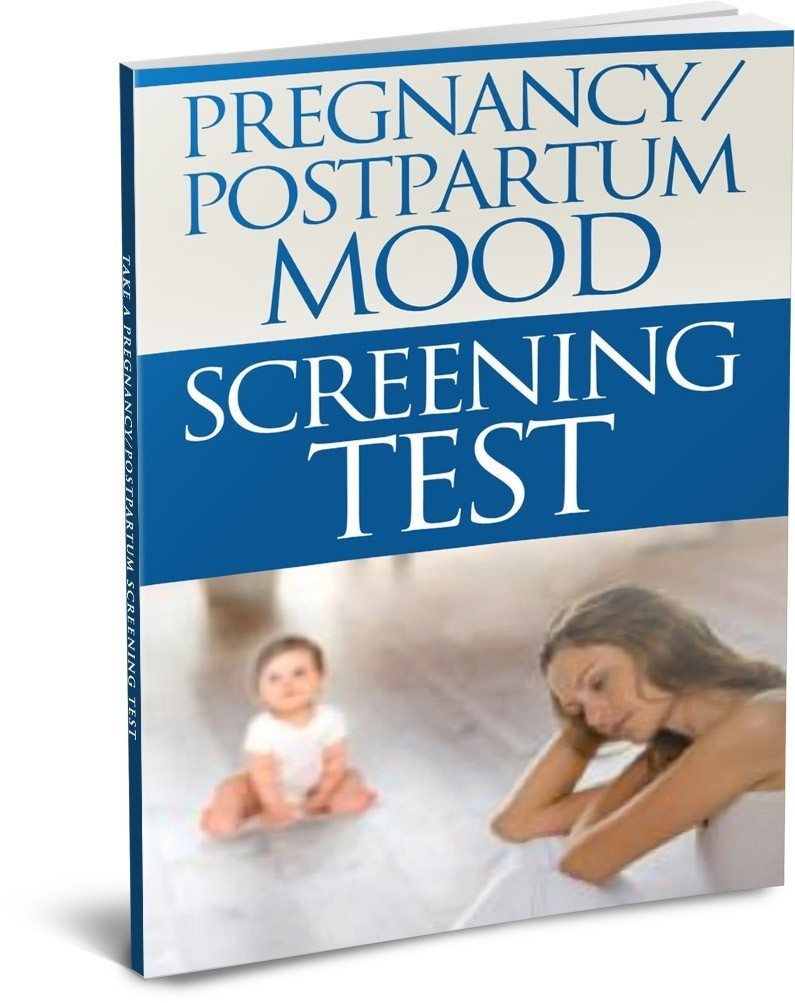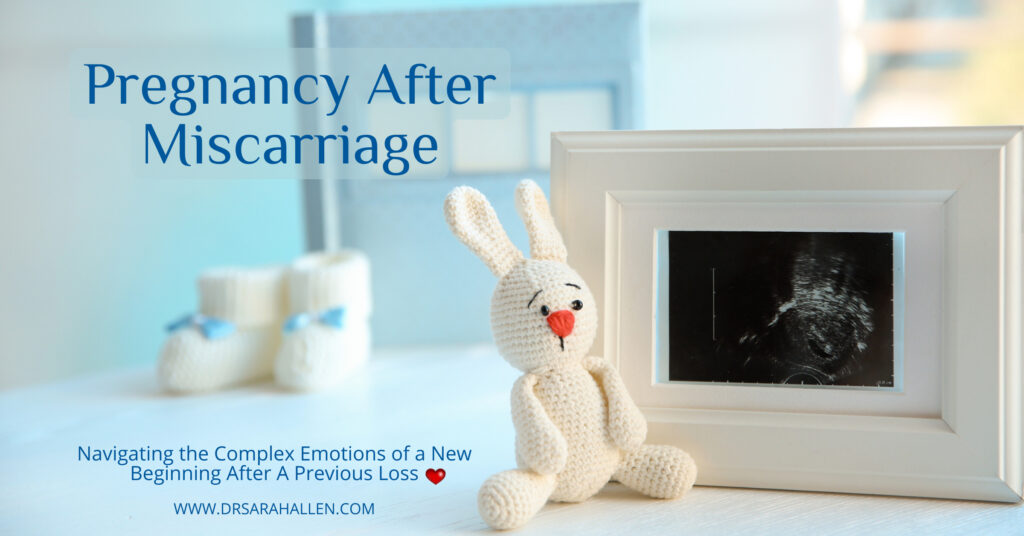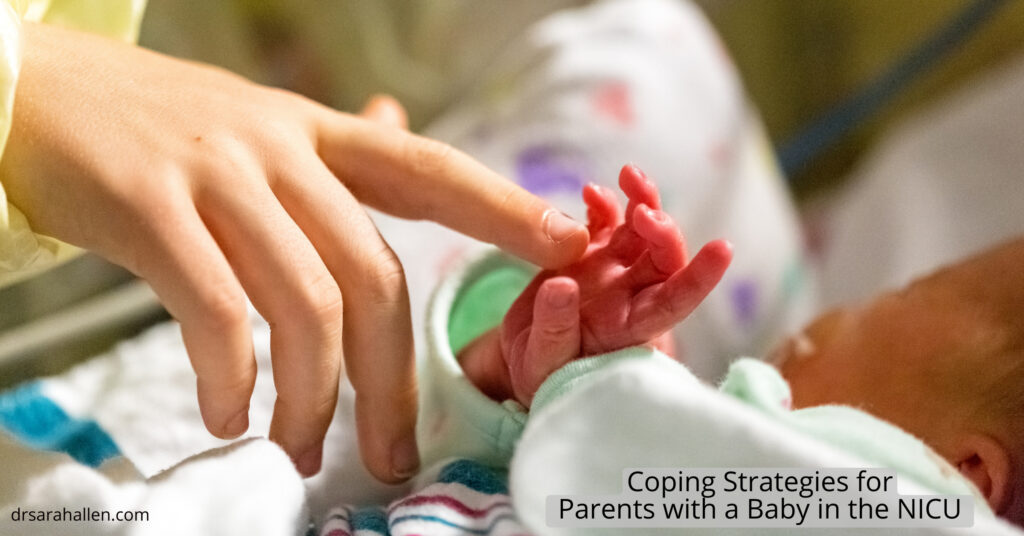
Bed rest is never on anyone’s wish list for pregnancy but it is prescribed to nearly 20% of women in the US every year. Despite the comments about enjoying the rest while you can get it, lying in bed for part of, or all of the day (depending on how strict your guidelines are) gets really, really tedious. Furthermore, bed rest can have serious physical and economic consequences for the mama, her career and her family. We need to talk more about how a mama on bed rest fears doing anything that might harm her baby, feels of out of control of her body and her life. We are talking about how isolation and lack of social contact can really impact your emotions.
A study presented to the Annual Clinical Meeting of The American College of Obstetricians and Gynecologists showed that depression and anxiety rates are high among hospitalized women on bed rest and they call for more screening and treatment to be available. I agree! Not surprisingly, the US Centers of Disease Control and Prevention found that 1 in 8 women prescribed bed rest goes on to develop postpartum depression which we know can hugely impact the mama, her child and family.
The Emotional Toll Of Being On Bed Rest
Bed rest is a common recommendation for pregnant women who are at risk of preterm labor or other complications. This involves limiting physical activity and spending most, if not all, of the day in bed. While bed rest may seem like a simple solution to prevent potential problems, it can have a significant emotional toll on expectant mothers.
Pregnancy is already an emotional time, filled with anticipation, excitement, and anxiety. The added stress of being on bed rest can exacerbate these emotions and lead to feelings of frustration, loneliness, and even depression.
One major impact of bed rest is the feeling of isolation. Being confined to a bed for an extended period means being separated from daily activities and interactions with others. This can be especially difficult for women who are used to being active and independent. It may also lead to a loss of sense of self and purpose, as their daily routine is drastically altered.
Moreover, bed rest can also result in financial strain for many expectant mothers. With limited mobility, it may be challenging to continue working, leading to a loss of income. This can add stress and worry about how to cover medical costs and provide for the new addition to the family.
The fear and uncertainty surrounding potential pregnancy complications can also take a toll on mental health. Women may constantly worry about the health of their baby and the success of their pregnancy, which can lead to increased anxiety levels. This can further be compounded by feelings of guilt and self-blame, as many women may feel like they are not doing enough to ensure a healthy pregnancy.
It is essential for pregnant women on bed rest to prioritize their mental well-being. This may involve seeking support from loved ones, joining online or in-person support groups, and speaking with a therapist or counselor. It can also be helpful to find activities that can be done while on bed rest, such as reading, writing, or crafting, to help pass the time and maintain a sense of purpose.
Additionally, staying in touch with healthcare providers and following their recommendations can also provide reassurance and comfort during this challenging time. Understanding the reasons for bedrest and having open communication with medical professionals can help alleviate some of the fears and worries.
In conclusion, while bed rest may be necessary for some pregnant women, it is important to recognize and address the emotional toll it can have. By prioritizing mental well-being and seeking support, women can better cope with the challenges of being on bed rest and ensure a healthier pregnancy for both themselves and their baby. Overall, taking care of one’s emotional health during this time is just as crucial as taking care of physical health. Remember, you are not alone, and it is okay to ask for help. So, reach out to your loved ones, healthcare team, or online resources for support and guidance in managing the emotional toll of being on bed rest while pregnant. Remember that this time is temporary and soon you will be able to welcome your little one into the world.
Many therapists provide telehealth, which means providing either telephone or internet based sessions. So if you find yourself on bed rest, please reach out for support. You don’t need to go through this alone.


If you want to read more about maternal mental health download the FREE Guide To Pregnancy & Postpartum Stress, Anxiety & Depression. It is full of information about symptoms, different types of maternal mood disorders and advice about what to do to start feeling like yourself again.
Dr. Sarah Allen has 20+ years experience helping women transition to being the mom they want to be. She is also the Director of the Postpartum Depression Alliance of IL, a non-profit offering info and support to pregnant and postpartum moms and their families.
In her Northbrook office, in the North Suburbs of Chicago, or via telephone or online counseling across IL & FL, she offers the most convenient way for you to access support and help.
If you have questions after reading this article or the Guide To Pregnancy & Postpartum Stress, Anxiety & Depression or have any questions about how counseling can be useful to your particular circumstances please contact me at 847 791-7722 or on the form below.







